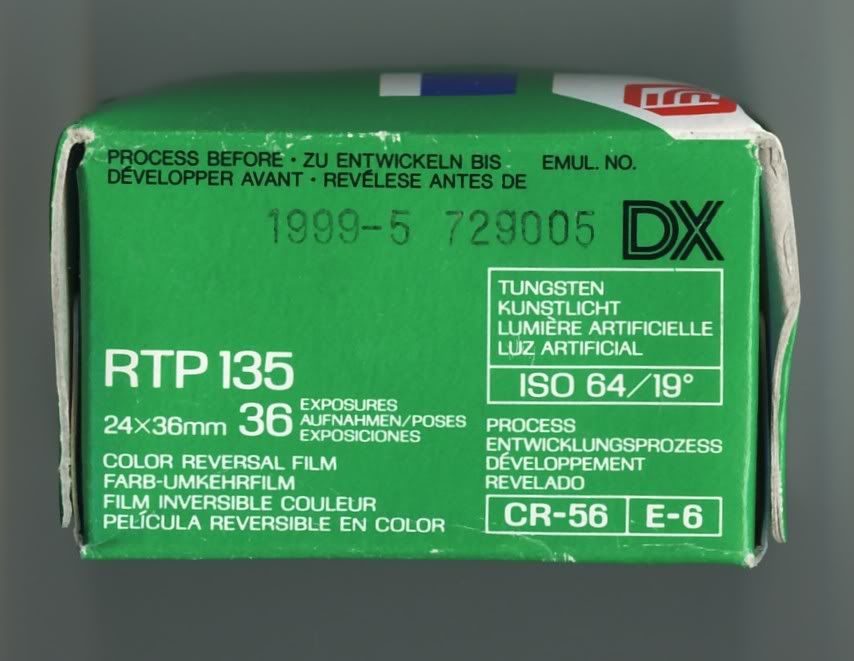Hi people, new guy here.
I've been thinking--I need to get a camera to keep in my car, but because high temperatures are definitely a problem in my part of the country, I figured I should get a camera that doesn't have any electronics on it that'll be prone to heat damage. The question is, though, what should I get? I know if I went with film, the film itself probably wouldn't like heat a great deal, but I'm not really worried about that too much. Any suggestions?
Thanks in advance.



 LinkBack URL
LinkBack URL About LinkBacks
About LinkBacks
 Reply With Quote
Reply With Quote
